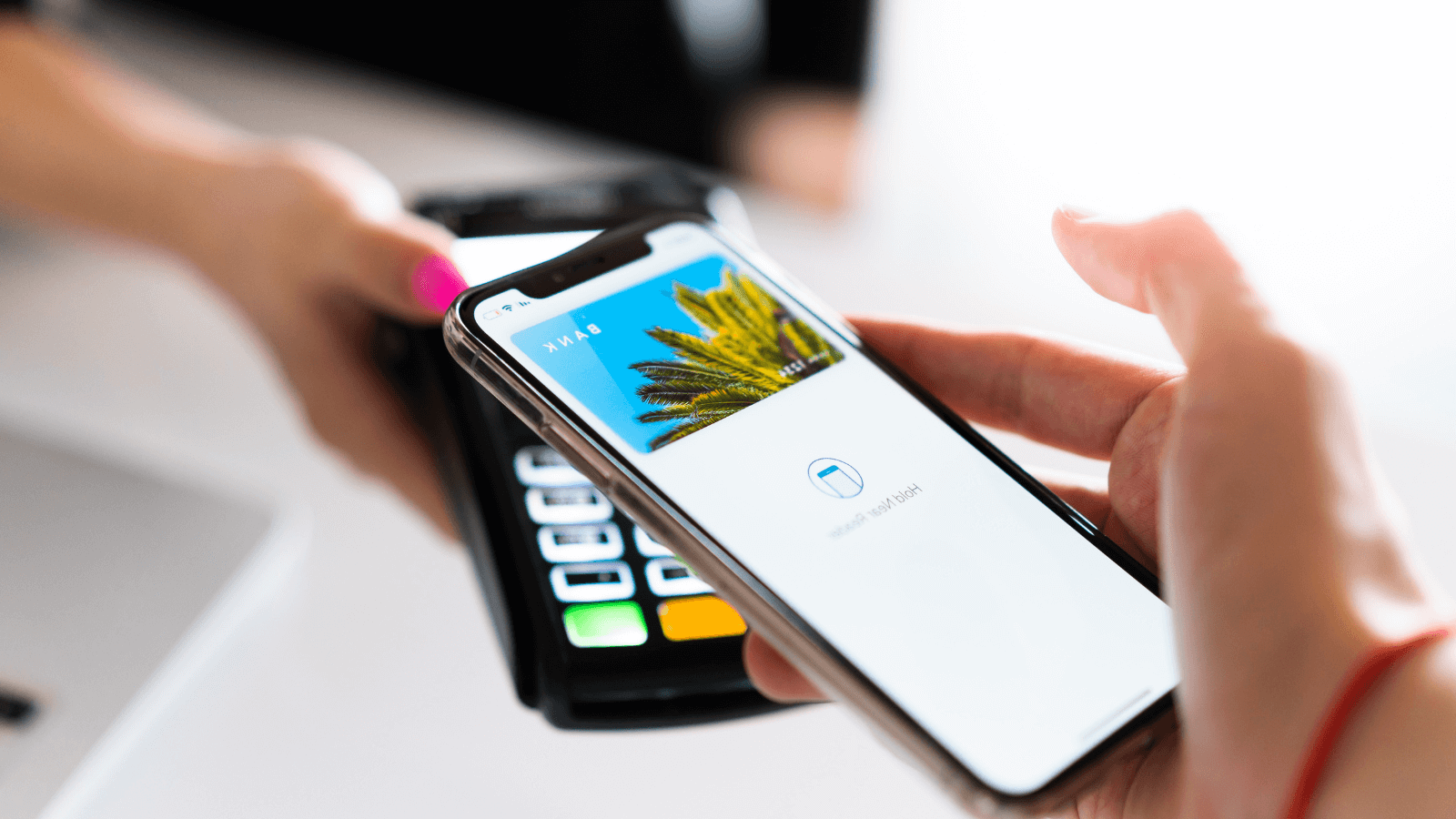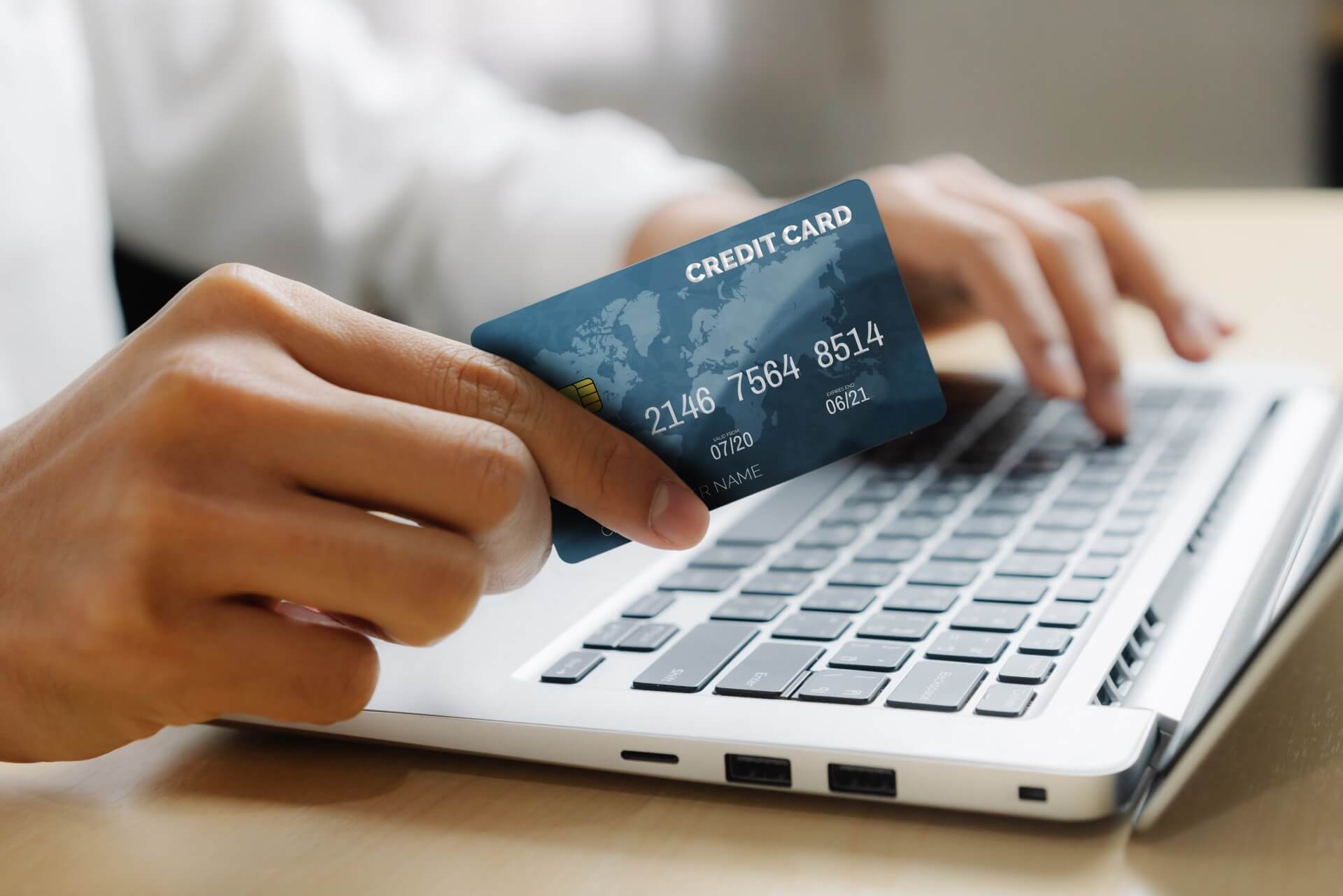Jun 24, 2024
5 min read
Business Line of Credit vs. Credit Card: Which Is Best?
Business financing comes in layers, like an upside-down pyramid. On the...
Read story

Cash is King! Or at least, it used to be. But with electronic payments increasing in popularity, people are using actual cash less and less.
The need for minimizing physical contact during the COVID-19 pandemic has undoubtedly been a major catalyst in the acceleration of the adoption of cashless and contactless transactions. People are prioritizing their wellbeing and want solutions that are safe and convenient. According to a recent study, 89% of consumers say that they expect companies to accelerate digital initiatives due to COVID-19 and 60% of customers say that the COVID-19 pandemic is changing their relationship with technology.
Read on to learn about the various types of cashless transactions and how the future of payment processing could impact your small business.
Contactless Payments
Contactless payments also known as touchless, or no-touch payments are those transactions where customers can use a debit card, credit card, smartphone, Apple Watch, or fitness tracker to make a purchase without physical contact with the payment reader. NFC (near field communication) technology enables the device or card to communicate with the Point of Sale (POS).
As hygiene and safety became a major concern during the height of the pandemic, contactless payments quickly increased in popularity. In fact, the National Retail Federation’s State of Retail Payments study, found that 67% of retailers now accept no-touch payments. That number includes 58% that accept contactless cards that can be waved past a card reader or tapped on the reader (up from 40% the prior study) and 56% that take digital wallet payments on mobile phones (up from 44%).
Payments made via mobile devices alone are expected to exceed $2 trillion globally by 2023 so if your business is not equipped to handle contactless payments, it’s time to add that to the top of your to do list.
Pay Ahead Online in an App
Paying ahead for a transaction also known as BOPIS (buy online pick up in store) is not a new concept. While some major retailers and restaurants had the capability in place pre-pandemic, those who didn’t already have the option before COVID-19 have recently implemented the functionality. Paying for items online is extremely attractive to today’s consumers who want a quick and easy solution with minimal contact.
Pay Ahead Over the Phone
Being able to accept payments over the phone is another feature that has increased in popularity since 2020 where stay-at-home orders caused the demand for delivery orders to skyrocket. By 2024, the global revenue of the online food delivery market is projected to reach 183 billion U.S. dollars up from 107.4 billion U.S. dollars in 2019.
In order to process a payment over the phone where the physical credit card is not present, you will need a virtual terminal where you can input your customer’s payment information.
Pros and Cons of a Cashless Economy
As with any change, there are both pros and cons of the pivot to a cashless economy. Here are a few of the most common ones:
Pros
Cons
Final Thoughts
Whether you think cashless payments are a positive change or not, one thing is certain. As the world adjusts to a new post-COVID normal, businesses that rely solely on cash or are unwilling to adapt to new payment trends risk falling behind their competitors.
Don’t let a lack of funding slow down the growth of your business. At SBG Funding, getting access to the cash you need couldn’t be simpler. Apply today to see how we can help.
For additional resources for small business owners, click here.

Jun 24, 2024
5 min read
Business financing comes in layers, like an upside-down pyramid. On the...
Read story

Jun 24, 2024
5 min read
Understanding how a business loan works is like tending to your...
Read story

Jun 24, 2024
5 min read
Business acquisitions are strategic investments that allow business owners to consolidate...
Read story

A funding specialist will get back to you soon.
If you can’t hang on then give us a call at (844) 284-2725 or complete your working capital application here.